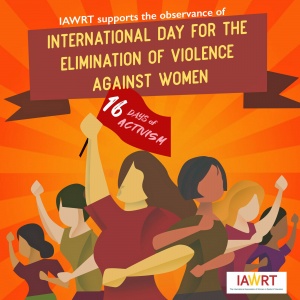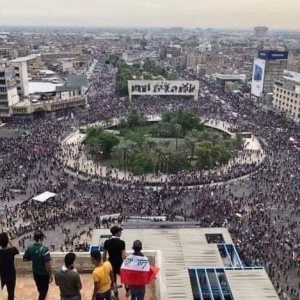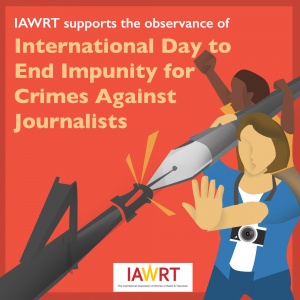Women journalists are among those attacked or arrested while doing their job
The International Association of Women in Radio and Television (IAWRT) strongly condemns the targeting of journalists covering protests over George Floyd’s death in the United States of America (USA) and in other countries. Journalists, who are at the very core of democracy, are not only being prevented from reporting the happenings on the ground but are also being threatened, attacked, shot at with rubber bullets, sprayed with pepper spray and arrested.
IAWRT, an alliance of women in media, finds unacceptable the intentional attacks on fellow journalists. To name a few:
Linda Tirado, a freelance photographer, activist and author was shot in the left eye on May 29 while covering the street protests in Minneapolis. Doctors told her that she is not likely to recover her vision in that eye.
Nina Svanberg, a Swedish foreign correspondent in the US, was struck in the leg by several rubber bullets.
Susan Ormiston, a Canadian Broadcasting Corporation journalist, was hit with a gas canister while covering the protests in the city.
Kaitlyn Rust and her team from WAVE 3 News, a local TV station in Kentucky, were struck with pepper balls by police while reporting live on air, despite following police instructions and staying behind police lines.
Ellen Schmidt and Bridget Bennett, reporting for Review-Journal were arrested at the Strip in Las Vegas, and released a day later only after having to post a $1,000 cash bond each.
The list is long and spares no media; radio, television, print or social media. Despite ensuring they are identifiable as journalists doing their job, over 100 media persons have been attacked. These targeted attacks are appalling and are an attempt to stifle the press.
IAWRT President Violet Gonda said: “These are worrying targeted attacks on journalists covering the protests in the USA. Media organisations should be allowed to document and inform the public during these uncertain times without fear or favour.”
She emphasised the need to protect journalists and ensure their safety as they cannot be caught between fire from both ends – the protestors and the police.
Journalists have protection under the First Amendment of the US Constitution covering free speech. Where it gets blurred is that the right to freedom of the press is not different from the right to freedom of speech. Suffice it to say the media is not provided any special rights or privileges that are different from those of other citizens.
The current US administration has created an environment hostile to journalists. Calling the work of various journalists and media organizations ‘Fake News’ and then overwhelming the media with misinformation, has created an uncertain environment that cannot recognize legitimate journalists at the protest marches, even though they are well identified. This results in the lack of respect for journalists. The cornerstone of a robust democracy is a well-informed electorate, which seems impossible in this culture of hostility against the news media.
IAWRT expresses solidarity with our fellow journalists at this critical juncture, where the world is fighting not only a pandemic that has claimed so many lives, but also racial tensions, violence against minorities, and oppressive measures against people during lockdowns and ushering the “new normal.”


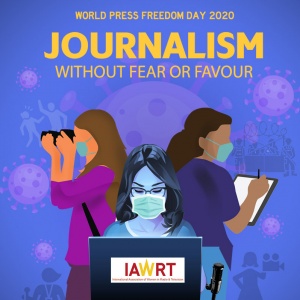
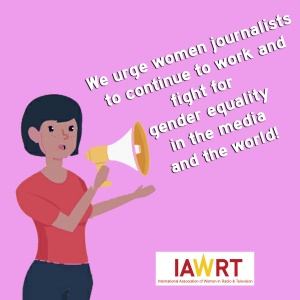
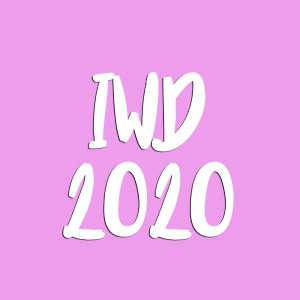
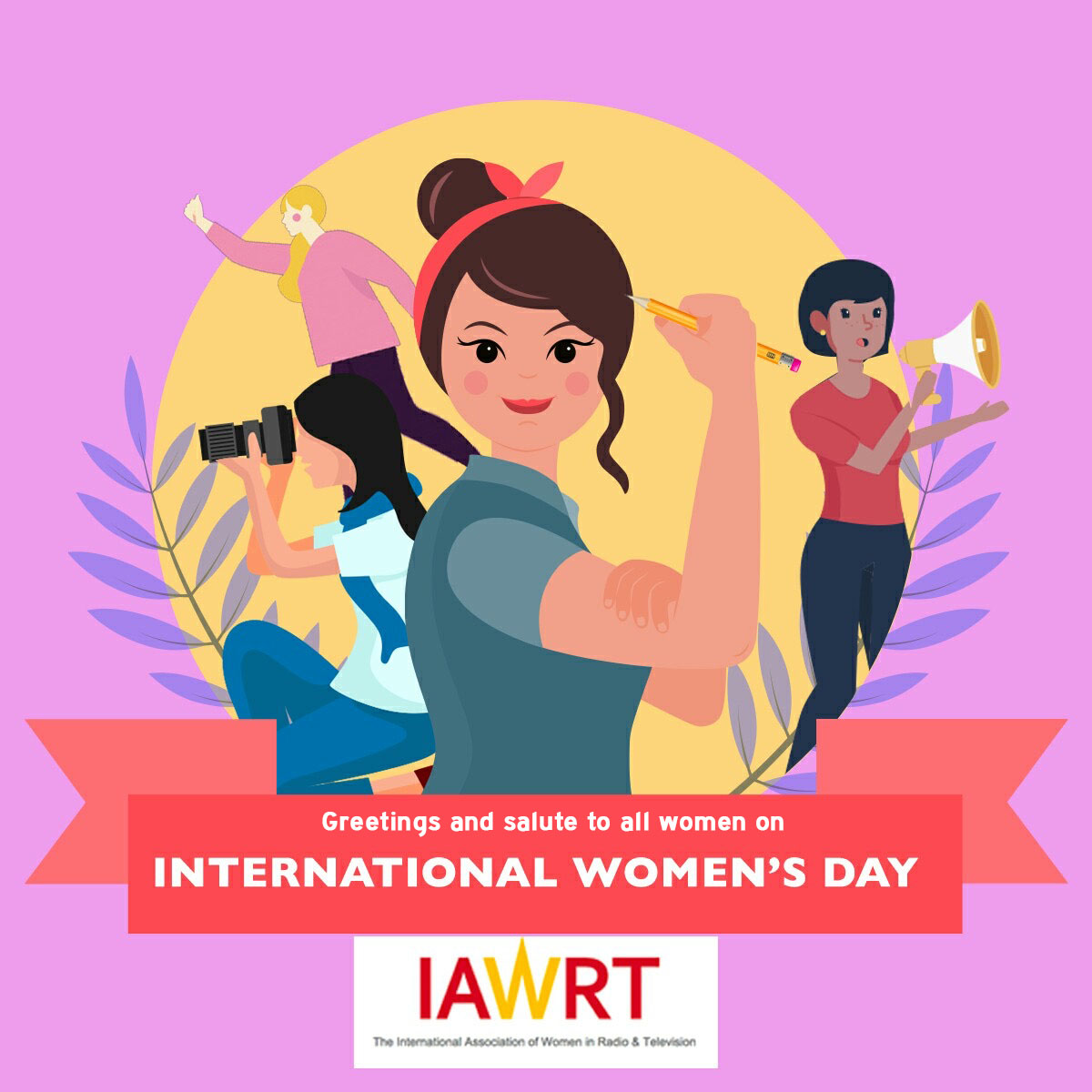
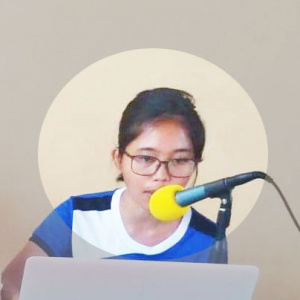
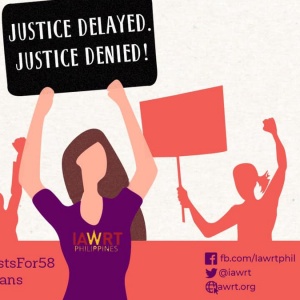
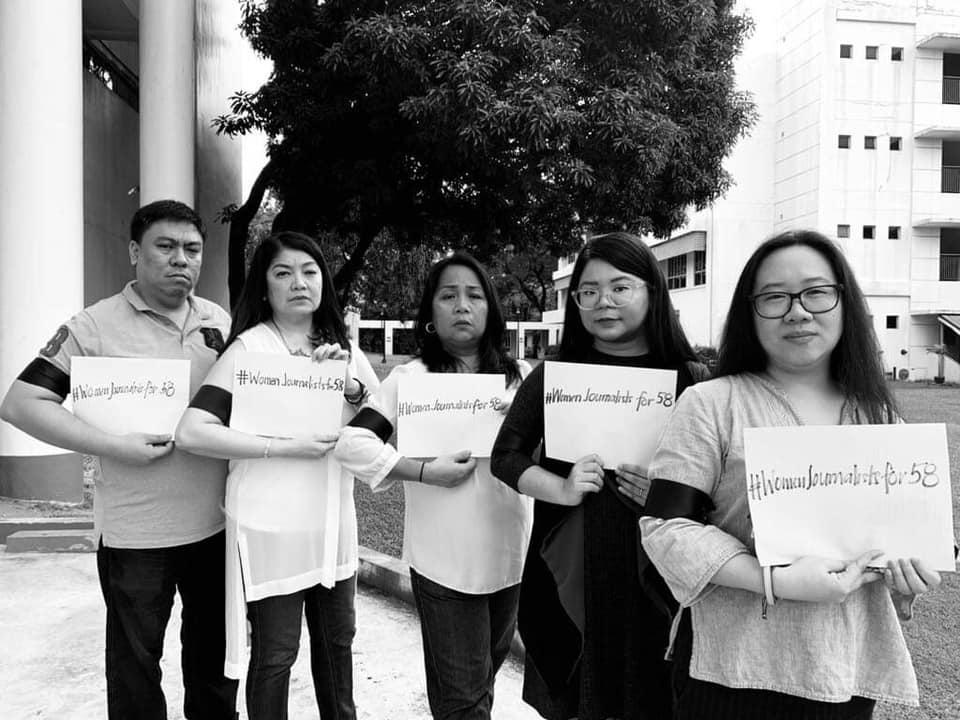 A total of 28 defendants were convicted of the November 2009 massacre in the town of Ampatuan, including eight members of the Ampatuan clan, a political dynasty that continues to exercise absolute control over the province.
A total of 28 defendants were convicted of the November 2009 massacre in the town of Ampatuan, including eight members of the Ampatuan clan, a political dynasty that continues to exercise absolute control over the province.
